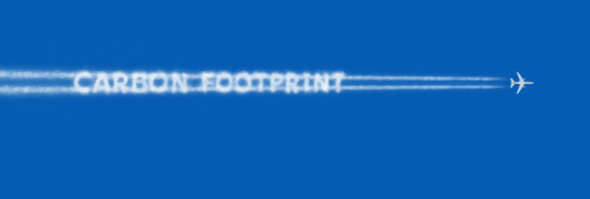NEW YEAR.NEW TAX. Carbon Tax for Alberta
Posted on 05/18/2016 | About Alberta

As of 2017 Alberta will become the second Canadian province to impose a carbon tax for flights that originate and end within the province. Economists and environmentalist approve of carbon taxes, but consumers are pretty weary of the increasing fees associated with domestic travel within Canada.
“The reality is we already in Canada have one of the worst, or one of the highest, rates of third-party taxes and fees. We’re particularly sensitive in Canada to any potential cost, because we’re particularly vulnerable” said Marc-Andre O’Rourke, executive director of the National Airlines Council of Canada. Earlier this month he said that Canadian airlines have minimal control of the overall price of an airline ticket. His group represents Canada’s major airlines, and spoke of the fact that although the low price of oil should have reduced airfares, the increase of fees has meant that consumers do not enjoy a savings benefit.
“The frustrating part is that our member airlines are doing their part to keep their prices competitive, but then we have these third-party taxes and fees that piggyback on the airfare that affect the total that the passenger pays.” Beginning January 1, 2017, passengers travelling within Alberta will see a further increase added to those for airport improvement fees, fuel excise taxes and security charges. Alberta’s carbon tax rate for jet fuel will start at 5.17 cents a litre and move to 7.75 cents a litre as of Jan. 1, 2018.
BC has had a carbon tax in place since 2008 and imposes a 7.83 cent per litre levy on jet fuel purchases for intra-provincial air travel. The BC government web site defines the carbon tax “as a tax based on greenhouse gas emissions (GHG) generated from burning fuels. It puts a price on each tonne of GHG emitted, sending a price signal that will, over time, elicit a powerful market response across the entire economy, resulting in reduced emissions.”
